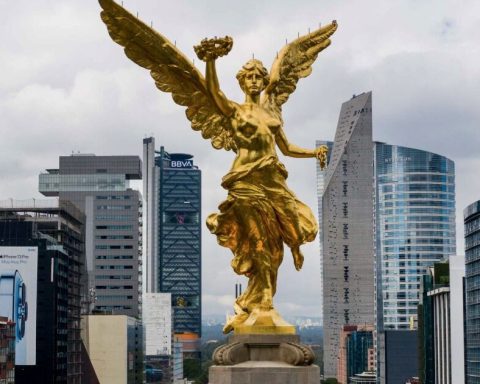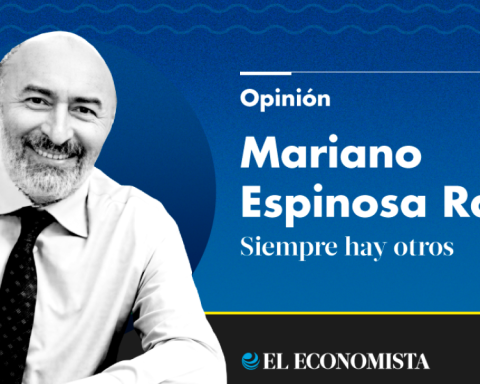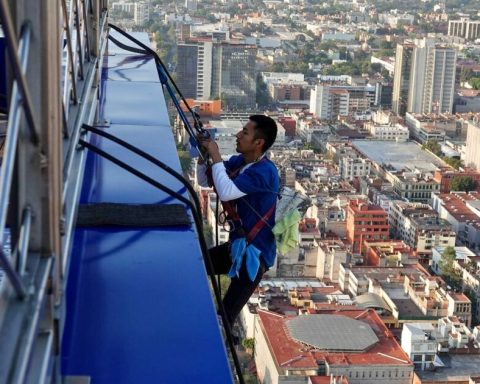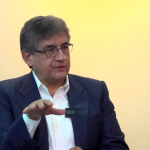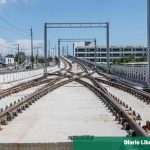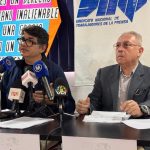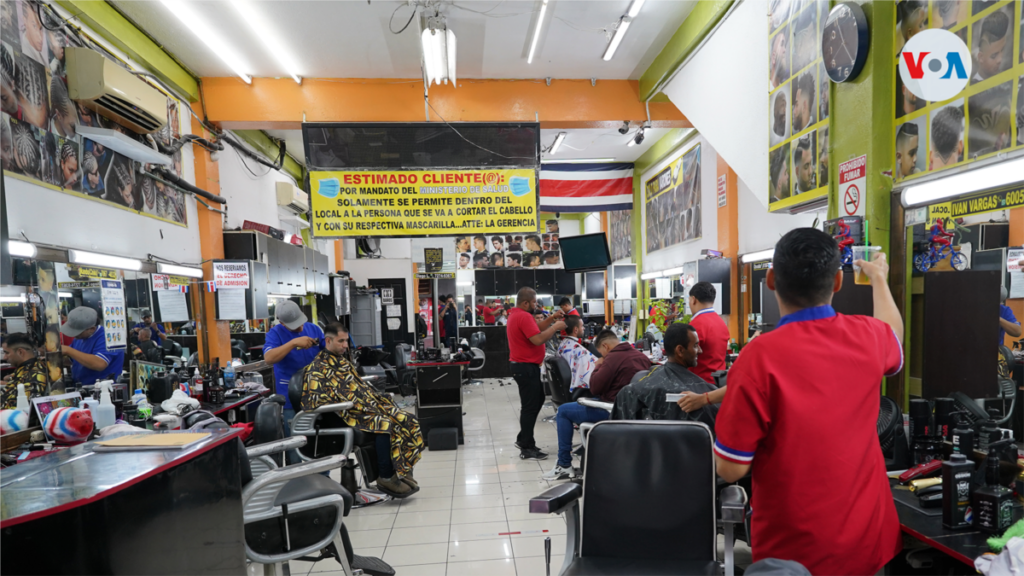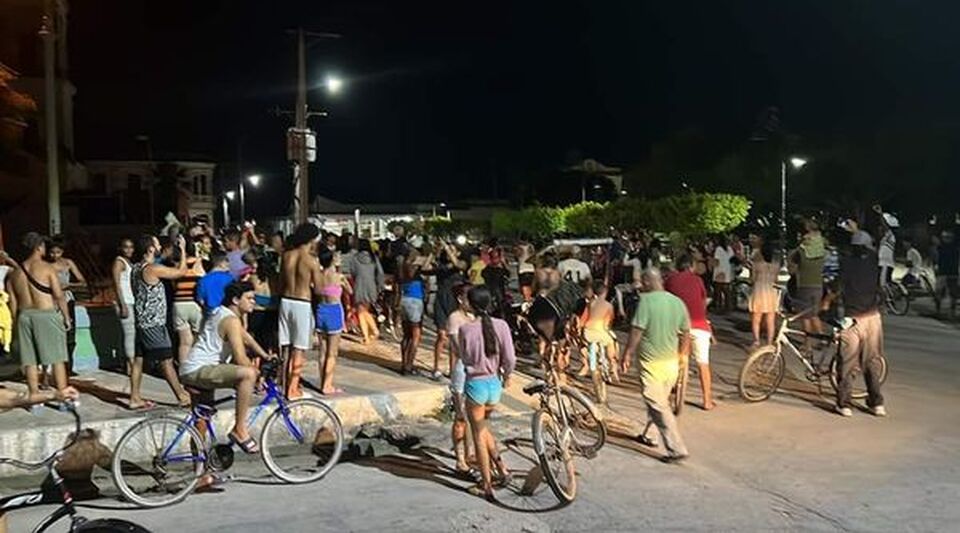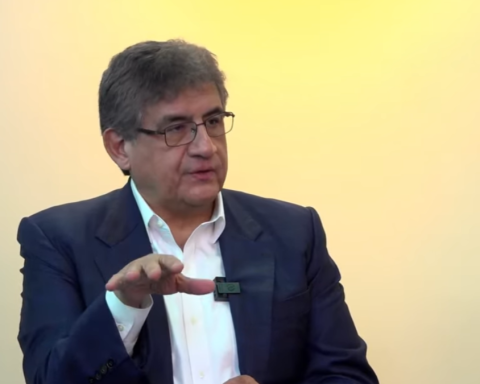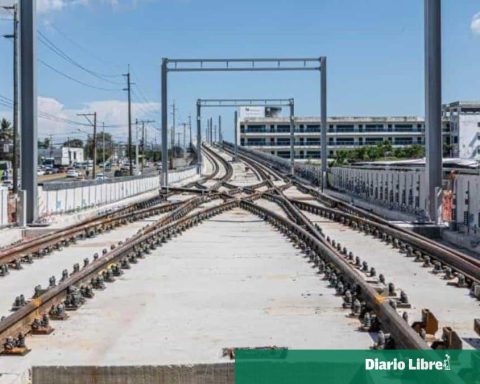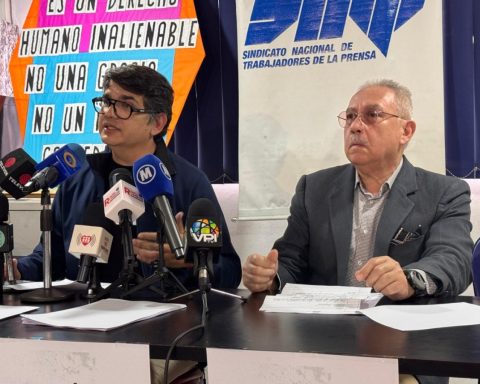AND
l 18 of October 2019, in the midst of a crisis in the Chilean political system, the neoliberal model was questioned. Its victims, the working classes, had lost what confidence they had left in political parties, justice, and the set of state institutions. The building that, for 50 years, had been neatly built by the coup right and the post-Pinochet left cracked. The different governments born from the transitional pact of 1989 were challenged. the slogan It’s not 30 pesos, it’s 30 years
, raised by the students to reject the increase in public transport fares, identified those responsible for hunger and misery and pointed the way to a new social order. One and the other, intertwined in the so-called party of order, caricatured as the two right
lived their lie, claiming the success of a market economy.
Until dignity becomes a habit
was the phrase chanted by the protesters who left their homes demanding a change of direction. The government, with its president at the head, Sebastián Piñera, collapsed. Meanwhile, the social democracy, whose governments failed to fulfill their promises –among others, a new constitution–, had lost all its credibility, and the communist party, was mortgaged by being a co-participant in the second government of Michelle Bachelet.
The mobilizations take the form of popular rebellion. Without its emergence, it is not possible to understand the constitutional convention, the results in the elections for deputies and senators in 2021, the triumph of Gabriel Boric, the rejection of the Magna Carta draft, and the current conservative drift of the Broad Front government. Everything is part of the same process that has culminated in social demobilization and the dismantling of the social explosion. The discomfort accumulates under the dynamic of more unfulfilled promises.
If we make history. The Chilean political elite, on October 18, 2019, took the only path it knows to stifle popular demands: repression. The protests were criminalized. Tear gas bombs, tanks, water carts, joined the riot gear. rifles with ammunition non-lethal
, rubber pellets, become the star weapon. The protesters are shot in the face. The brutality of policemen recalls the times of the dictatorship. Torture, rape, arbitrary imprisonment, loss of habeas corpus. Thousands of detainees and imprisoned without charge.
In October 2019, the protesters recognized themselves in the social movements, in the struggles against famine, low wages, the rights of indigenous peoples, the demands of the feminist movement, the rejection of gender violence, in demanding health and quality public education. With fear in the body, the political caste met to regain control. The ruined building had to be saved, the protests demobilized. And they did. The parties of order, government and opposition, signed on November 15, 2019 the known as betrayal pact
. With a pompous name: for peace and a new constitution, it sentenced the popular rebellion to death. Gabriel Boric will be one of the architects of it. Everything went back to normal. The pandemic months later will give him the finishing touch.
Today Chile lives in a false social peace. The government of Gabriel Boric, without initiative, has given up its program. Orphaned of ideas, and most seriously, lacking social support. At this juncture, he is in the hands of the two right-handers. In less than a year, he has handed over real power to the corrupt and discredited political class that has governed Chile for the last five decades. His promises have evaporated.
If the Broad Front achieved victory claiming the end of the militarization in the Wallmapu territories, today the area is still in the hands of the armed forces, and incidentally they arrest the CAM leader, Héctor Llaitul. Likewise, he promised the refoundation of the Carabineros corps, today he maintains his command and denies what he said. He promised to release the political prisoners of the October uprising, hundreds are still in jail without trial. His practice has gone in the opposite direction. In international politics it is aligned with NATO and the United States. He feels comfortable with the free trade agreements that hand over Chile to the transnationals. His second cabinet, and it is not yet a year old, is made up of militants or sympathizers of the former agreement. That is, members of the parties that lost the elections. It is sad to see President Boric wandering around the Presidential Palace, asking what his agenda is. And if that was not enough, in the commemoration of this third anniversary of the popular rebellion, he has followed the same trail as his predecessor in office, Sebastián Piñera: repress and criminalize. In Chile the usual ones govern, only younger and without a tie.


